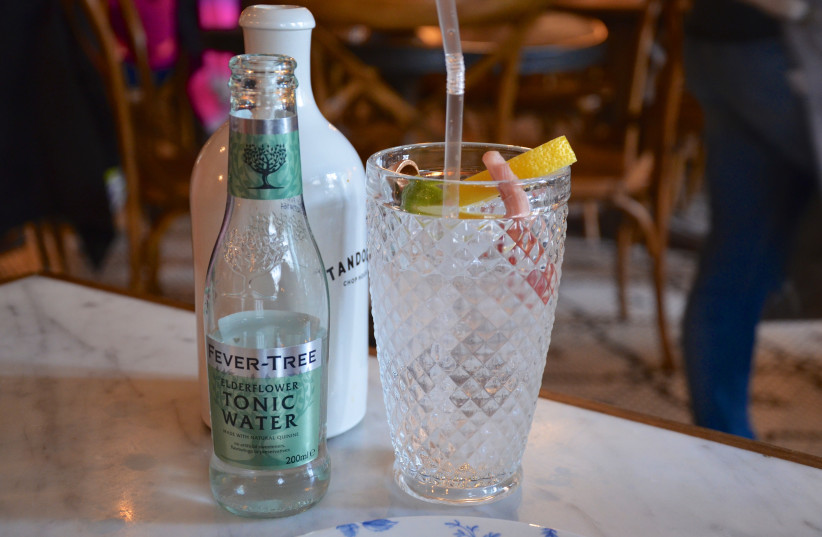Why grapefruit juice and tonic water can be detrimental to your health

In total, close to 100 different drugs are affected by grapefruit juice, and the number has only grown over the years.
Avid health news readers already probably already know that grapefruit can have negative effects if eaten alongside certain medications.
However, they may not be aware of the studies which show that grapefruit juice combined with tonic water could be a dangerous combination for some people.
In total, close to 100 different drugs are affected by grapefruit juice, and the number has only grown over the years. These include statins (cholesterol medications), heart medications, and some new cancer treatments.
Certain ingredients in grapefruit juice (furanocoumarins and probably also flavonoids) cause a delay in the effect of a certain enzyme (CYP3A4) which is responsible for breaking down medications in the body. Because the enzyme is located in the walls of the small intestine and thus breaks down medicines before it is absorbed directly into the bloodstream, the inhibition of the enzyme can lead to a significant increase in the level of medication in the blood.
This is essentially changing the dosage of the medication and can lead to a variety of unpleasant side effects including headache, irregular heartbeat and more.
What does this have to do with tonic water?
Tonic water containing quinine can compound the effects of grapefruit juice. The Medicine Plus informational website run by the US National Library of Medicine recommends that "people with heart problems should avoid drinking grapefruit juice and tonic water together. This combination may worsen some heart conditions."
"Similarly," continues Medicine Plus, "do not drink red wine and grapefruit juice together if you're taking any medications. This combination can cause the grapefruit juice to have an even larger effect on the medications."
The combination of tonic water and grapefruit juice poses a health risk because the juice may inhibit enzymes responsible for the metabolism of quinine (an anti-malarial agent that is largely out of use). This can cause a buildup of quinine in the blood, which in extreme cases can lead to sudden cardiac arrest.
Jerusalem Post Store
`; document.getElementById("linkPremium").innerHTML = cont; var divWithLink = document.getElementById("premium-link"); if (divWithLink !== null && divWithLink !== 'undefined') { divWithLink.style.border = "solid 1px #cb0f3e"; divWithLink.style.textAlign = "center"; divWithLink.style.marginBottom = "15px"; divWithLink.style.marginTop = "15px"; divWithLink.style.width = "100%"; divWithLink.style.backgroundColor = "#122952"; divWithLink.style.color = "#ffffff"; divWithLink.style.lineHeight = "1.5"; } } (function (v, i) { });

